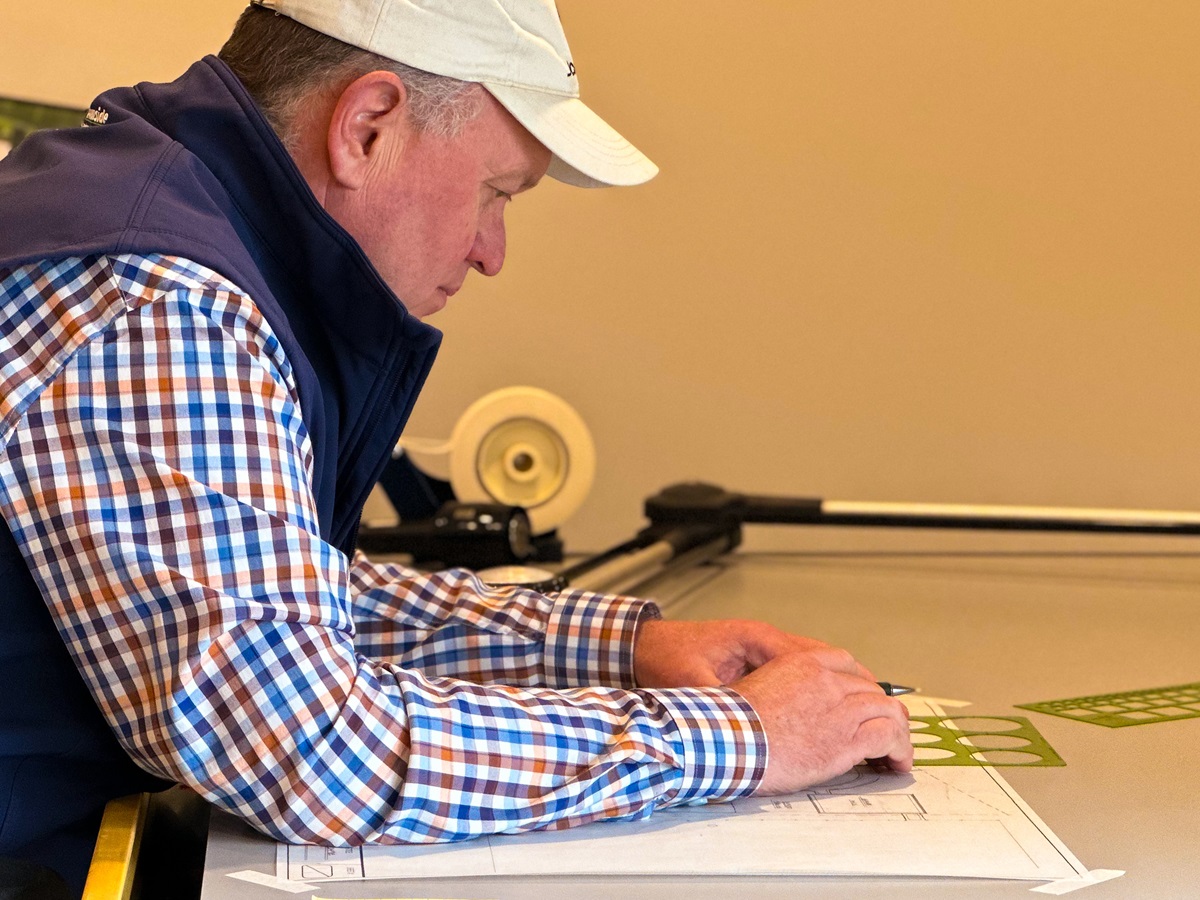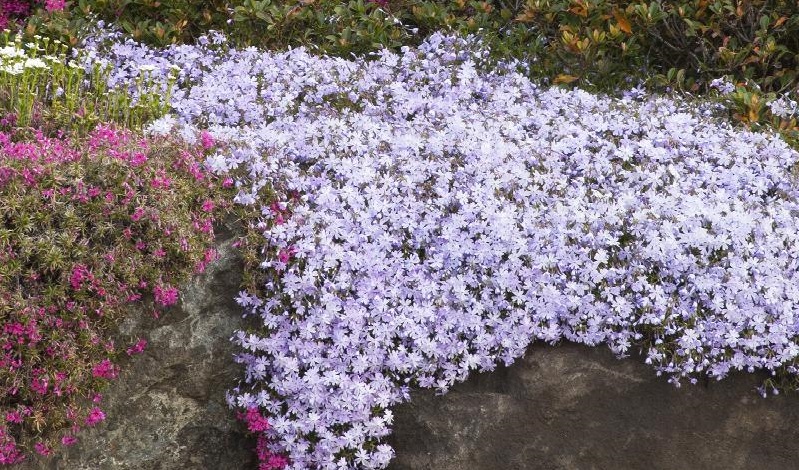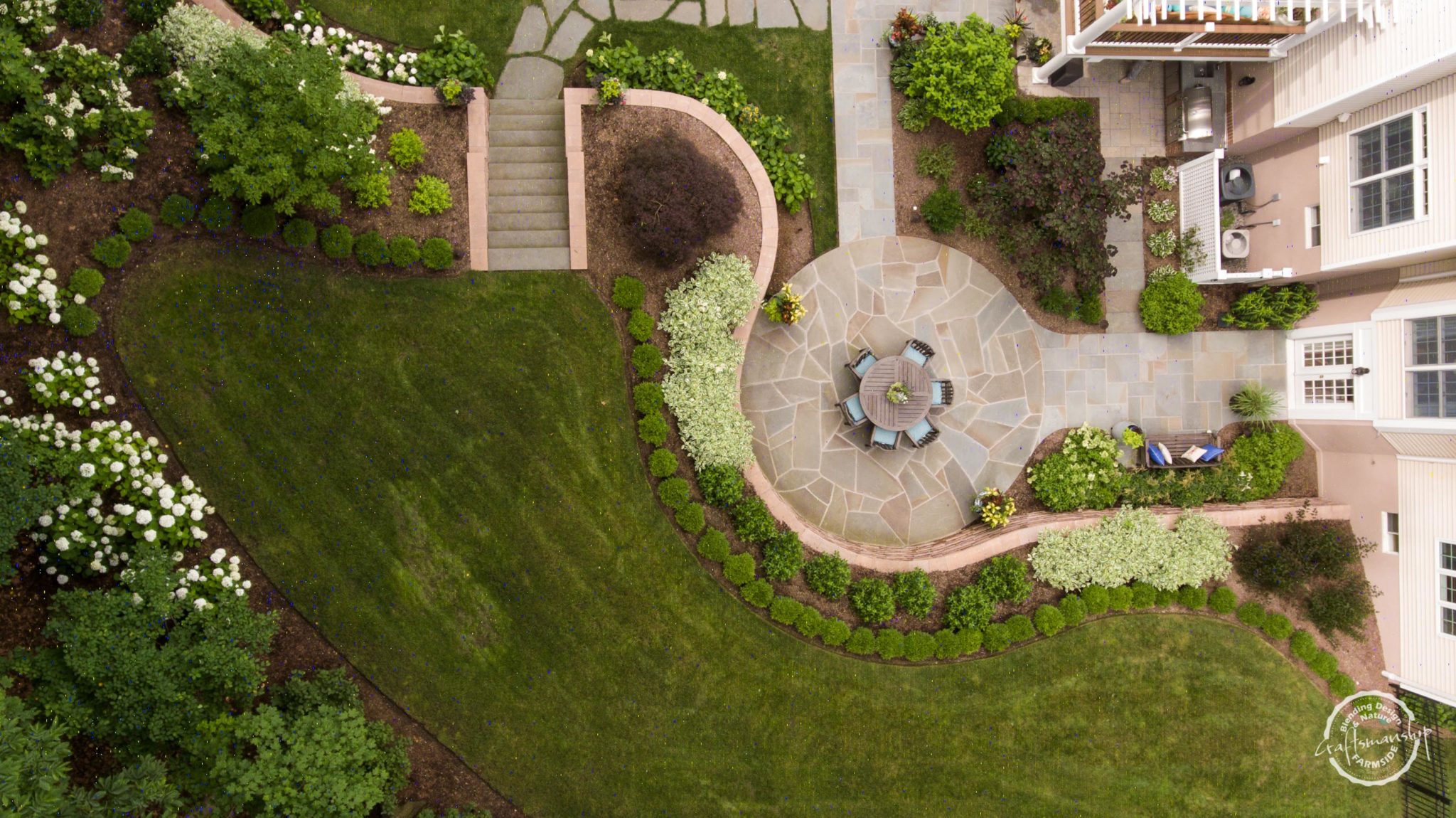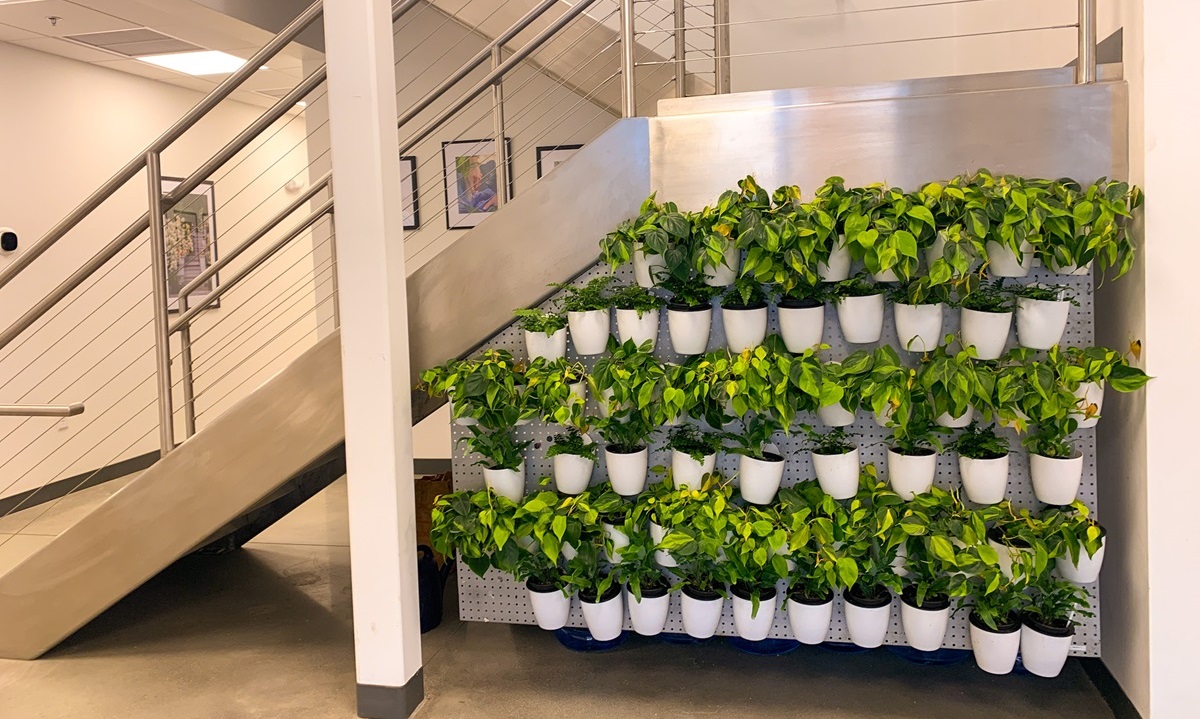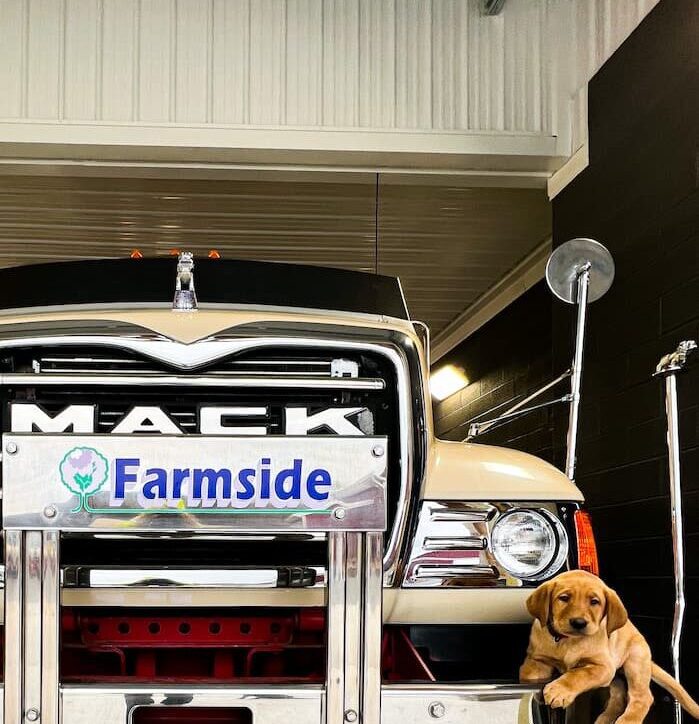Time to Celebrate the New Jersey Tomato!
It’s August in New Jersey, and that can only mean one thing – tomatoes are in season! The Jersey Tomato is a favorite among tomato lovers, but interestingly, there is no actual, singular Jersey Tomato.
Both the Rutgers and Ramapo tomatoes were part of a portfolio of varieties from New Jersey that date back to the post WWII era, when the Garden State was the leading producer of tomatoes. Lyman Schermerhorn was responsible for bringing us the Rutgers tomato in 1934 and Bernard Pollack developed the Ramapo variety of tomato at Rutgers University in 1968.
The Jersey Tomato varieties were, and continue to be, bred for their taste and not for long-distance shipping, and will not last for weeks after picking. They are vine-ripened when picked and are best eaten within days of purchase. The Rutgers tomato was developed as an open-pollinated beefsteak, with an excellent balance of acidity to sweetness and rich in flavor. A classic New Jersey tomato has both high sweetness and acidity with a thin skin.
During the 1960’s large, commercial farming became popular, and the delicious but delicate Rutgers and Ramapo tomatoes simply didn’t travel well for shipping nor produce a high enough yield for commercial growers. Sadly, the seed line was not maintained, and most modern versions are derivatives of the original tomatoes.
Some Tomato History
The Rutgers tomato was introduced in 1934 by Rutgers breeder Lyman Schermerhorn, produced for canning, juicing and the fresh market. The tomato was produced in a collaboration that started in 1928 with the Campbell Soup Company. Field tests were conducted for 6 years until the most superior tomato was released in 1934 as the Rutgers. The time between WWI and WWII saw an expansion of canning and truck farming, and New Jersey responded to this boom by producing 36,000+ acres of tomatoes.
According to Rutgers University, “Not only did Rutgers provide a top performing tomato for New Jersey’s processors, from Campbell Soup, Heinz, Hunt, and Ritter to smaller companies, but Rutgers tomato continued to be a preferred choice of commercial growers through much of the mid-twentieth century. It was grown worldwide, and used in breeding and selection of other improved varieties.”
One study showed that by 1952, the Rutgers represented 72 percent of all commercially grown tomatoes in the U.S., and was the most popular variety of tomato in the world, reaching 60% of the global tomato market.
While the tomatoes fell out of favor with high-production farms, they remained very popular with home gardeners. In response to public demand for these seeds to be available once again, in 2008, Rutgers University re-introduced the Ramapo tomato seed for commercial production for the small farm/garden market. Only 8,000 seed packets were released.
In 2009, Rutgers scientists at the New Jersey Agricultural Experiment Station (NJAES) launched the Jersey Tomato Project to revive the coveted Rutgers tomato. It was discovered that Campbell Soup still had some genetic material from the parent plants of the original Rutgers tomato. From 2009 to 2014, scientists and plant breeders worked to revive the cultivar and finally debuted the Rutgers 250 in 2016, named to celebrate Rutgers University’s 250th anniversary.
Interested in trying to grow your own New Jersey tomatoes? Rutgers University offers several links for information and seed resources:
Rediscover the Jersey Tomato: breeding.rutgers.edu/tomatoes
Starting Vegetable Seeds Indoors: njaes.rutgers.edu/fs787
Growing Tomatoes in the Home Garden: njaes.rutgers.edu/pubs/publication.asp?pid=FS678
Visit Rutgers New Jersey Agricultural Experiment Station on the web at: njaes.rutgers.edu
Questions? Contact: ramapotomato@NJAES.Rutgers.edu
Main Image Photo Credit: PixaBay
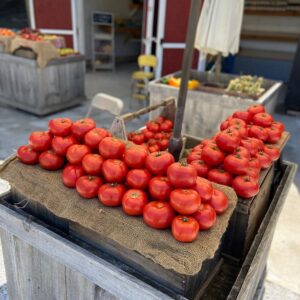
Image Credit: Green Valley Farms
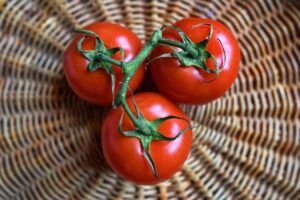
Image Credit: PixaBay



